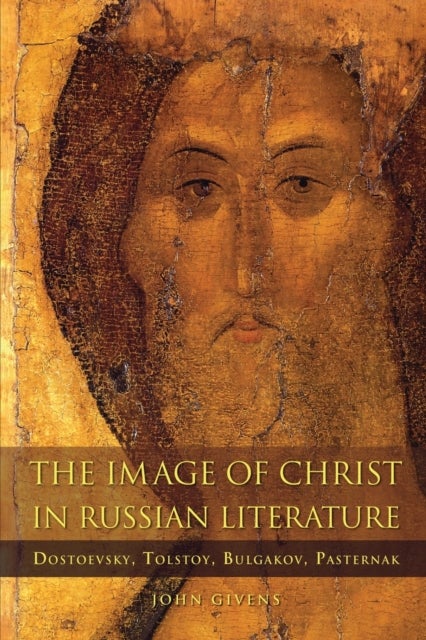
The Image of Christ in Russian Literature av John Givens
399,-
<P>Vladimir Nabokov complained about the number of Dostoevsky''s characters "sinning their way to Jesus." In truth, Christ is an elusive figure not only in Dostoevsky''s novels, but in Russian literature as a whole. The rise of the historical critical method of biblical criticism in the nineteenth century and the growth of secularism it stimulated made an earnest affirmation of Jesus in literature highly problematic. If they affirmed Jesus too directly, writers paradoxically risked diminishing him, either by deploying faith explanations that no longer persuade in an age of skepticism or by reducing Christ to a mere argument in an ideological dispute. The writers at the heart of this study understood that to reimage Christ for their age, they had to make him known through indirect, even negative ways, lest what they say about him be mistaken for clich¿doctrine, or na¿ apologetics. The Christology of Dostoevsky, Leo Tolstoy, Mikhail Bulgakov, and Boris Pasternak is thus apophatic because








